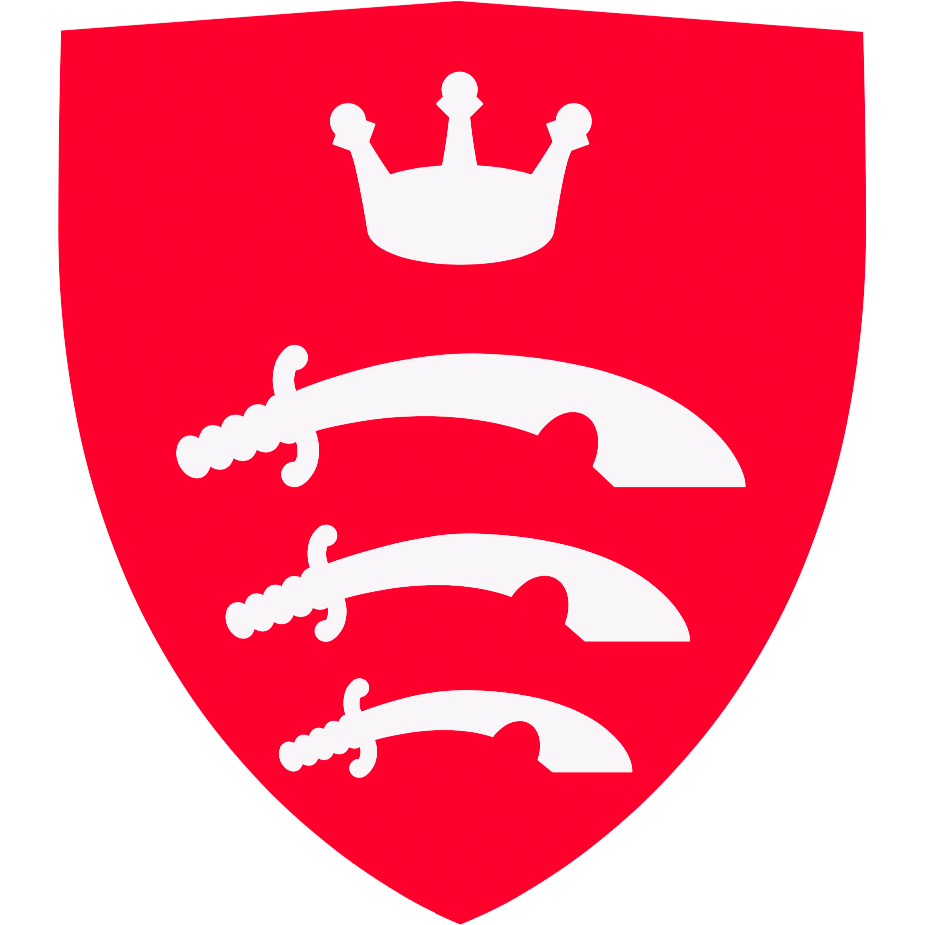
Biomedical Science (Haematology and Transfusion Science), MSc Biomedical Science (Haematology and Transfusion Science), MSc Middlesex University
Masters Degree , Biomedical Sciences
Course Description
Haematologists specialise in disorders of the blood and blood-forming tissues, and their contribution to patient care is fundamental and wide-ranging. Whether you're analysing data from patients' samples, matching donated blood with someone who needs a transfusion or researching cures for blood cancers, your work will improve and save countless lives.
Why study MSc/PGDip/PGCert Biomedical Science (Haematology and Transfusion Science) at Middlesex University?
This Masters programme has a strong practical element, with an emphasis on developing laboratory skills and gaining hands-on experience of diagnostic techniques. It also incorporates elements of microbiology and clinical biochemistry and you'll be able to study and learn within the University's specialist laboratories which include a modern, well-equipped cell culture facility, fully-equipped proteomics facilities and a microbiology lab. You will have access to a molecular biology laboratory for techniques such as DNA sequencing, real-time PCR, electrophoresis and HPLC. You'll also learn to use cutting-edge techniques such as MALDI-TOF mass spectrometers and flow cyto meters.
The Biomedical Science courses at Middlesex have a burgeoning international reputation and the University's strong links with London hospitals and NHS Laboratories ensures that you will be studying the latest developments, practices and research. Our Centre for Investigative and Diagnostic Oncology has pioneered techniques for cancer diagnosis and treatment, and the Haematology department is very active in research into blood cancers, HIV and AIDS.
If you do not wish to study the full MSc, you can apply to the PGDip where you study only eight modules, omitting the Dissertation, or a PGCert where you study only four modules.
Course highlights
- The course is accredited by the Institute of Biomedical Science
- You'll have the opportunity to visit diagnostic laboratories
- Our location gives you easy access to the British Library, the Science Museum, the Royal Institution and more
- As a student of this course you'll receive a free electronic textbook for every module
Course Content
This course will cover the components of human blood and the disorders that affect them, techniques for diagnosing and monitoring disease, and the analysis of blood test results. You’ll look at blood cell formation, blood count, haemoglobinopathies and types of anaemia such as clotting abnormalities, cancers of the blood and bone marrow, myelodysplasia and MPD. You’ll also study blood transfusions and blood donation including blood types, blood typing and tissue typing techniques as well as haemolytic disease of new-borns, reactions to transfusions, and safety measures and care of blood products. In addition, you will explore the ethical and legal issues which can surround specific types of research such as assisted reproduction and genetics, and human or animal research.
What will you gain?
As well as in-depth knowledge of your subject, you will also gain a sound understanding of how to design and carry out experiments, statistical analyses as well as techniques for analysing samples and molecules. You will also be proficient and capable in all aspects of managing a laboratory, including people management, business plans and budgets, safety regulations, and quality management.
Modules
-
Advanced Bioanalytical Techniques (15 credits) - Compulsory
-
Biomedical Ethics and Law (15 credits) - Compulsory
-
Blood Analysis and Pathology (15 credits) - Compulsory
-
Experimental Design and Statistics (15 credits) - Compulsory
-
Haemato-oncology (15 credits) - Compulsory
-
Laboratory Leadership and Management (15 credits) - Compulsory
-
Research Project (60 credits) - Compulsory
Entry Requirements
Qualifications
- We welcome applications from graduates with a 2:2 honours degree, or equivalent qualification, in an appropriate subject
- We also consider applicants from other healthcare professions (registered nurse, clinical exercise physiologist, physiotherapist and medical practitioners)
Eligibility
UK/EU and international students are eligible to apply for this course.
Academic credit for previous study or experience
If you have relevant qualifications or work experience, academic credit may be awarded towards your Middlesex University programme of study. For further information please visit our Accreditation of Prior Learning page.
Interviews, entrance tests, portfolios and auditions
Entry onto this course does not require an interview, portfolio or audition.
Assessment Methods
As well as practical and theoretical exams and your research project and dissertation, you’ll be assessed through presentations and written assignments, including essays, laboratory reports and logbooks, critical reviews, data analysis and problem-solving exercises, quizzes, and papers made up of a literature review, hypothesis and research question. You will receive regular feedback on your work, including your assessed work, from your tutors and sometimes from fellow students. You will also be asked to evaluate your own work.
For your dissertation, you'll design, conduct, evaluate and present the results of your own independent and original research project in a clinical or laboratory setting. You can base your project at your workplace if you’re in relevant employment. You will present your finding through a 12,000 to 15,000 word report and a presentation to your tutors and fellow students.
RELATED COURSES








